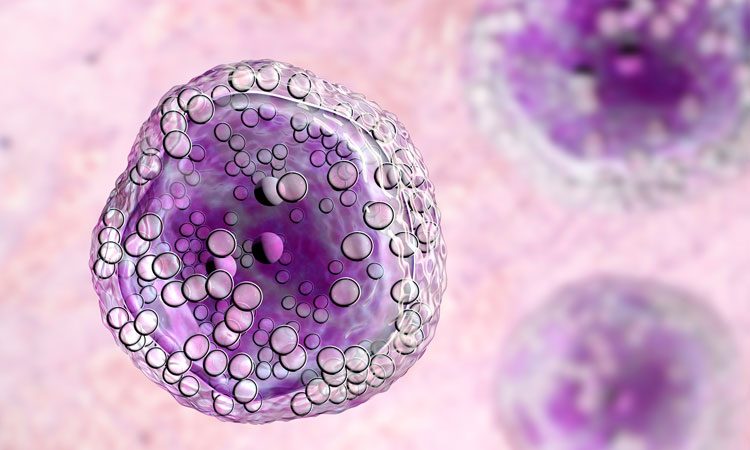New biological targets could lead to therapies for drug-resistant cancers
Posted: 11 September 2019 | Rachael Harper (Drug Target Review) | No comments yet
A study on how Polycombs regulate cellular identity could lead to alternative treatments for patients with drug-resistant cancer.


A team of geneticists from Trinity College Dublin, Ireland has discovered new biological targets that may help devise alternative therapies for cancers that are becoming resistant to existing drugs.
In 2011 scientists discovered that a Polycomb gene, called EZH2, is mutated in lymphomas, a cancer of immune cells and several companies developed drugs to inhibit the activity of EZH2. These targeted treatments are now showing real promise in clinical trials.
However, as with many cancer therapies, resistance has begun to arise, which means scientists will need to develop alternative strategies to fight the cancerous cells. The new discovery provides new clues as to how this might be achieved.
Biomarkers are redefining how precision therapies are discovered, validated and delivered.
This exclusive expert-led report reveals how leading teams are using biomarker science to drive faster insights, cleaner data and more targeted treatments – from discovery to diagnostics.
Inside the report:
- How leading organisations are reshaping strategy with biomarker-led approaches
- Better tools for real-time decision-making – turning complex data into faster insights
- Global standardisation and assay sensitivity – what it takes to scale across networks
Discover how biomarker science is addressing the biggest hurdles in drug discovery, translational research and precision medicine – access your free copy today
The researchers discovered that EZH2 requires additional “accessory components” to target its activity to key regions in the genome and execute its critical cellular functions. The new results suggest these “accessory components” represent promising alternative targets, which will be needed for oncologists to treat patients who develop resistance to existing EZH2 inhibitor drugs.
“This new discovery was driven purely by our curiosity to understand how Polycombs regulate cellular identity, but we also anticipate that it will lead to new opportunities to develop alternative treatments for patients with cancers driven by mutations in EZH2 and its related genes,” said Professor Adrian Bracken, Associate Professor in Genetics at Trinity College Dublin, who lead the study.
The findings of the study were published in Molecular Cell.
Related topics
Disease Research, Drug Development, Drug Targets, Oncology, Targets
Related conditions
Cancer
Related organisations
Trinity College Dublin
Related people
Professor Adrian Bracken








